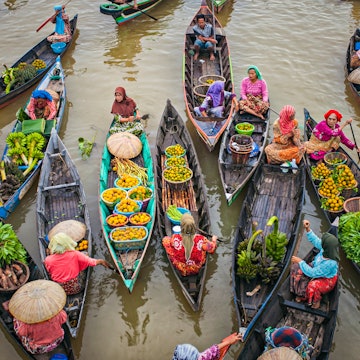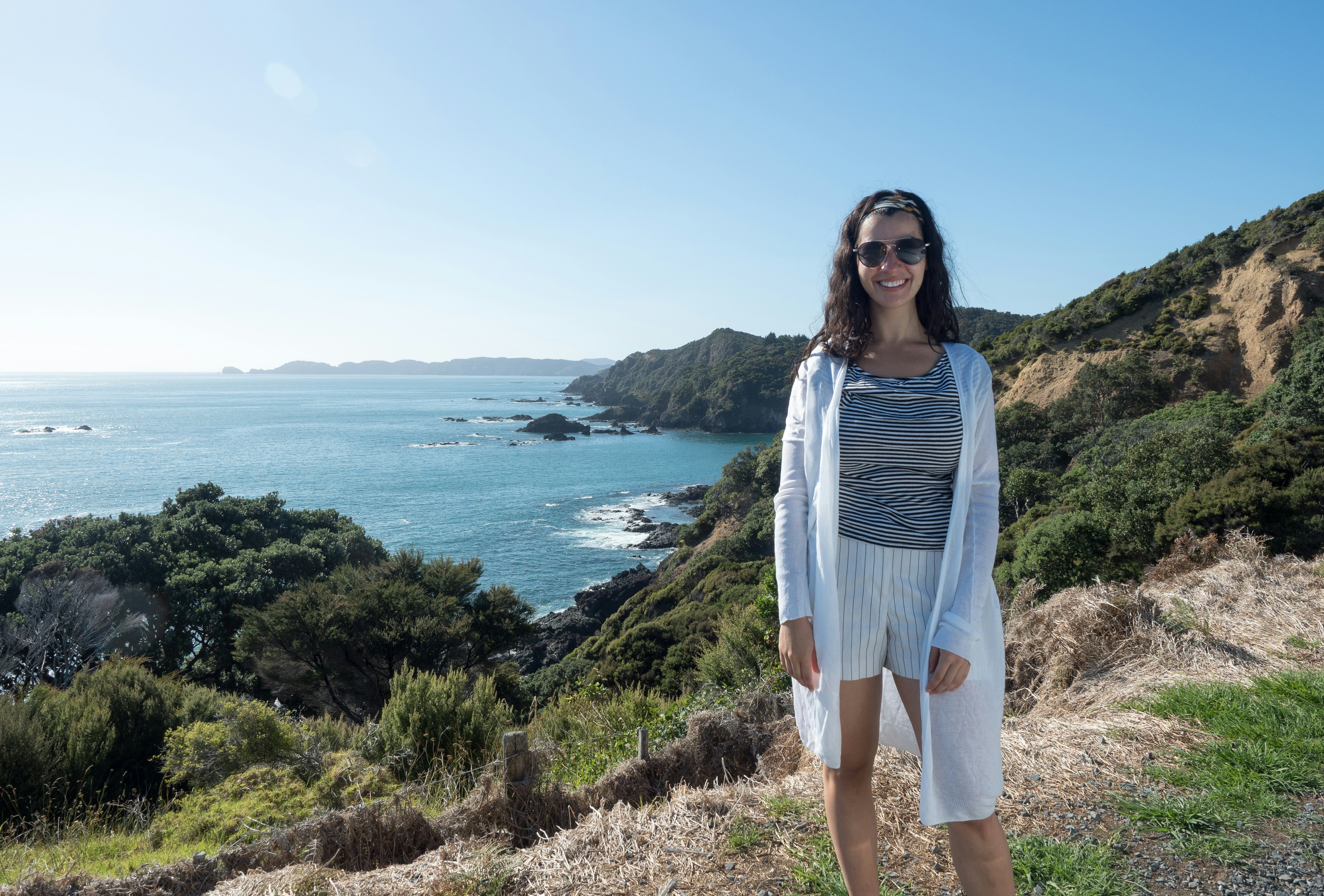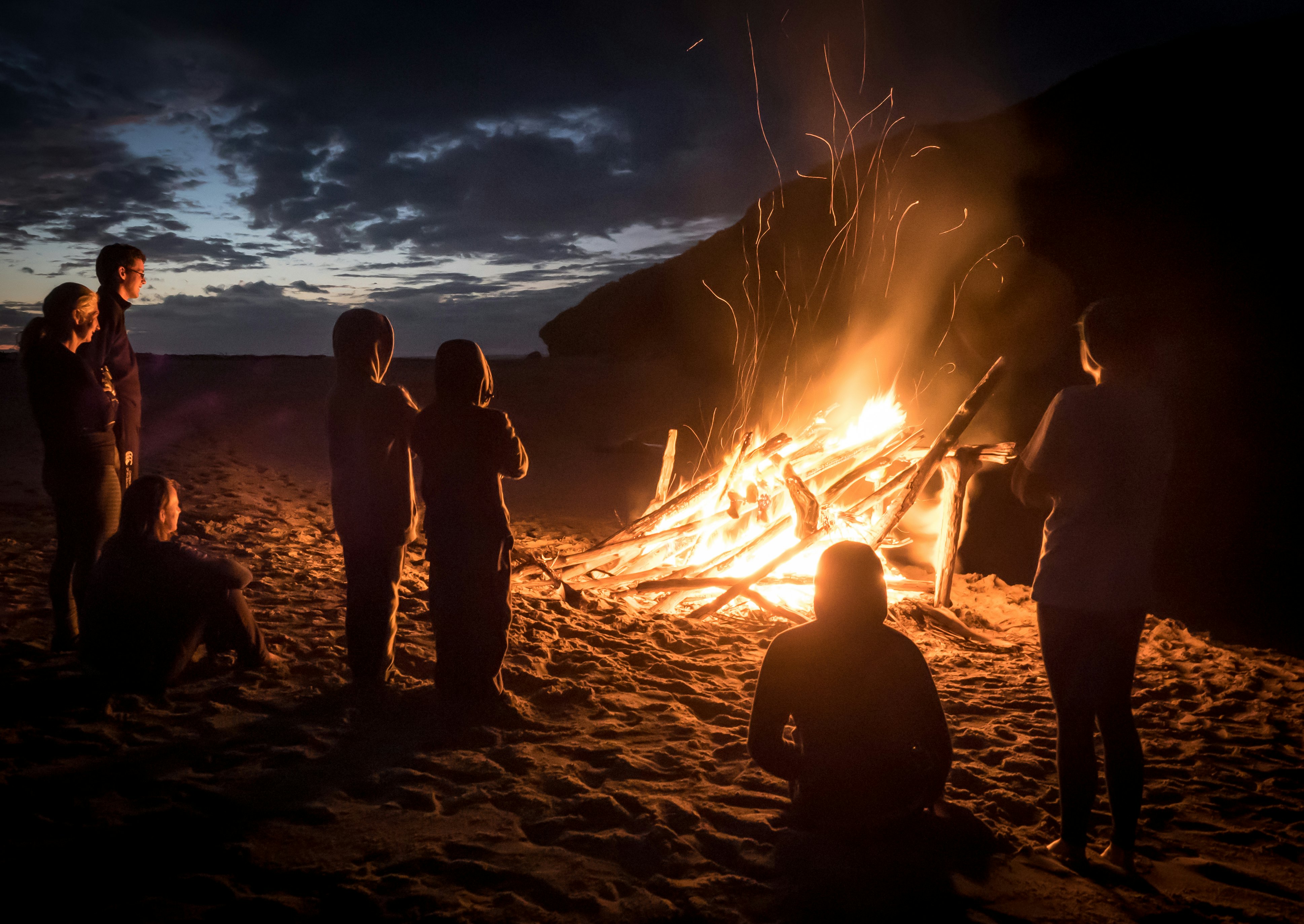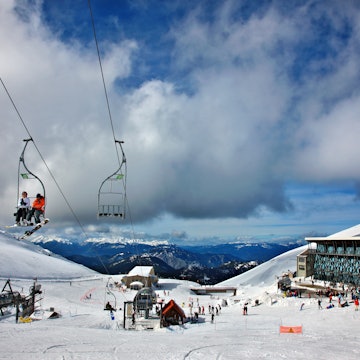
This is the year to plan the perfect camping vacation

May 18, 2020 • 4 min read

An adventure in the wilderness forces you to detach from technology. © Getty
I did not grow up in a family who camped, in fact mine laughed at the idea of it. My first pair of hiking boots were purchased only because I needed them for a two-night camp with school. For a long time I didn't have a clue what I was doing. I knew my way around a tent as much as I did speaking Portuguese. But like most things, you're never too old (or young) to learn how to love it.
How have I come to appreciate it? It helps when you know an avid camper. It was my restless, adventurous Kiwi partner, who grew up in New Zealand's natural backyard – hiking, fishing, camping on the weekends – who showed me the ropes. I'm now a very happy camper. I'm attracted to the soothing contrast it creates in my rushed urban life. Few activities can make you slow down and recharge quite like camping.
In the age of coronavirus, these sort of trips satisfy our desire for adventure. You can stay local, you have more control over your destination, and it's affordable. So whether you're a rookie, or a seasoned camper who'll enjoy any excuse to preach about the great outdoors, here's why you should consider camping for your next adventure.
Improving physical and mental health

Research suggests that camping can improve sleep patterns, as well as your circadian rhythm (internal body clock) and its behaviours. These benefits depend on the right gear, such as a good quality tent to withstand the elements and help you to sleep undisturbed. An adventure in the wilderness also forces you to detach from technology. It's one of the reasons I adore camping so much. Taking time away from screens and disconnecting with gadgets breaks those artificial dopamine loops.
Camping often doubles up with other recreational activities – hiking, swimming, fishing - that help us breathe in fresh hair, increase our heart rate and, if we're lucky enough to have sunshine, absorb Vitamin D. A 2017 public health study even suggests the practice of forest bathing, (enjoying leisure time surrounded by trees) has "therapeutic effects" on the immune system function, cardiovascular system and the respiratory system. It can also ease anxiety and mood disorders, aid mental relaxation and increase feelings of awe.
Read more: Travel gear reviews: camping gear for outdoor adventures
Travelling more sustainably
Many of us have been forced to hit the breaks on our hectic lives and reassess how our lifestyles not only impact the people around us but the planet too. Being in the outdoors, seeing the rawness and fragility of nature, for most people results in a deeper appreciation of their surroundings, and increased awareness in the ways we harm the planet.
Camping encourages people to leave as little a trace as possible to protect lands and the flora and fauna within them. I certainly fall into the category of Australians who are quick to travel overseas, dodging the expensive prospect of exploring our own country first. But by choosing to camp, you can reduce your travel costs and environmental footprint at the same time. Instead of hopping on a plane, boat or bus, perhaps what we need to satisfy our wanderlust is only an hour or two away from home, out in the wild.
Reducing the risk of encountering future travel restrictions

As we've learned, there is no predicting what a post-pandemic world will look like. Especially when it comes to travel. International travel will face major challenges, as countries attempt to manage the coronavirus crisis within their borders. By keeping your travel plans local this year, you reduce the risk of running into travel restrictions, which can spontaneously pop up and cause major stress to travellers.
Connecting with loved ones in new ways

They say you don’t really know someone until you live together. Well, that’s taken one step further when you camp together. The opportunity to spend quality, unhurried, concentrated time with family and friends can enable stronger connections and a heightened appreciation for others. Bonding over once unimaginable lands, stars, oceans, forests and mountains can create memories to last a lifetime. Inspiration, recalibration, and finding unique forms of freedom – I can’t really argue with any of that.
You might also like:
Wild times: outdoor adventures for every family
It just got easier to find a place to go camping in the US
The websites and apps that can help plan your next camping trip










![Manukau Heads Lighthouse, Auckland, New Zealand [closeup view] License Type: media Download Time: 2022-02-25T15:39:58.000Z User: bhealy950 Is Editorial: No purchase_order:](https://lp-cms-production.imgix.net/2025-10/Shutterstock1352692988.jpg?auto=format,compress&q=72&fit=crop&w=360&ar=1:1)


